Every month, thousands of Kenyan women brace themselves for what should be a natural part of life but has become their worst nightmare. They stock up on painkillers, call in sick to work, and retreat to their beds, hoping the agony will pass. Yet many don’t realise that what they’re experiencing goes far beyond normal period pain. They’re likely dealing with endometriosis, a condition that’s affecting our sisters, mothers, and daughters in silence.
What Exactly Is Endometriosis?
Think of endometriosis as your body playing a cruel trick on itself. The tissue that normally lines the inside of your uterus decides to set up camp in other places where it doesn’t belong. Your ovaries, fallopian tubes, the lining of your pelvis, and even sometimes your bowel or bladder become unwilling hosts to this displaced tissue.
Here’s where it gets particularly nasty: this rogue tissue still responds to your monthly hormonal changes. It thickens, breaks down, and tries to shed just like the lining in your uterus. But unlike your normal period, this blood and tissue have nowhere to go. It gets trapped, causing inflammation, scar tissue, and pain that can be absolutely excruciating.
The Reality for Kenyan Women
Meet Grace, a 32-year-old accountant from Kisumu. For years, she thought her crippling monthly pain was just her lot in life. “My grandmother used to say that painful periods meant I’d have many children,” Grace tells me over tea. “So I suffered through it, thinking it was normal.”
Grace’s story isn’t unique. In Kenya, we’ve created a culture of silence around women’s reproductive health that’s doing more harm than good. Too many of our women are told that severe period pain is just part of being a woman. We’re taught to grin and bear it, to be strong, and to not complain. This cultural conditioning means women often wait years before seeking help, allowing the condition to worsen.
Beyond the Monthly Agony
If you think endometriosis only shows up during your period, think again. Many women experience chronic pelvic pain that lingers throughout the month. Some describe painful intercourse that strains their relationships. Others deal with heavy bleeding that leaves them exhausted and anaemic. There’s also the digestive issues, the back pain, and the overwhelming fatigue that makes even simple tasks feel mountainous.
“I used to plan my entire life around my cycle,” shares Mercy, a teacher from Mombasa. “I’d schedule meetings for certain weeks and avoid social events during others. I was basically living half a life.”
The Healthcare Challenge
Getting proper diagnosis and treatment for endometriosis in Kenya comes with its own set of hurdles. While cities like Nairobi have gynaecologists who understand the condition, many rural areas lack specialists. Even when healthcare is available, the cost can be prohibitive.
The gold standard for diagnosing endometriosis is laparoscopy, a surgical procedure that allows doctors to actually see the endometrial implants. This procedure isn’t cheap, and many insurance plans don’t cover it adequately. For women earning minimum wage or working in the informal sector, it’s simply out of reach.
When Traditional Meets Modern
Kenya’s rich tradition of herbal medicine offers some women relief. Many turn to traditional healers and herbal remedies passed down through generations. While some of these treatments can help manage symptoms, they’re not a complete solution on their own.
“I tried everything,” explains Faith from Nakuru. “Traditional herbs helped with the pain sometimes, but I needed proper medical treatment to really get my life back.”
The key is finding a balance between traditional wisdom and modern medicine, ensuring that women get comprehensive care that addresses both symptoms and underlying causes.
Also Read: The Ozempic obsession in Kenya
The Emotional Toll
Let’s talk about something that doesn’t get discussed enough: the emotional impact of living with chronic pain. Endometriosis doesn’t just hurt your body; it can devastate your mental health too.
Many women report feeling isolated and misunderstood. Colleagues roll their eyes when you call in sick again. Family members suggest you’re being dramatic. Partners struggle to understand why intimacy has become painful. The constant pain, combined with this lack of understanding, can lead to depression and anxiety.
Then there’s the fertility concern. In a society where motherhood is deeply valued, the fear that endometriosis might affect your ability to have children adds another layer of emotional stress.
Breaking the Silence
Things are starting to change, slowly but surely. Women’s health organisations across Kenya are working to educate communities about reproductive health. Social media has become a powerful tool for women to share their stories and support each other.
“I found my tribe on Facebook,” laughs Sarah, a university student from Eldoret. “For the first time, I met other women who understood exactly what I was going through. It was life-changing.”
Healthcare providers are also becoming more aware. Medical schools are emphasising the importance of taking women’s pain seriously. Younger doctors, especially, are more likely to consider endometriosis when women present with severe menstrual symptoms.
What You Can Do
If you suspect you might have endometriosis, start documenting your symptoms. Keep a detailed diary of your pain patterns, noting when they occur, how severe they are, and what seems to trigger them. This information is invaluable when you visit a healthcare provider.
Don’t let anyone dismiss your pain as “normal”. Trust your body. If something feels wrong, it probably is. Seek out healthcare providers who listen to you and take your concerns seriously.
Building Support Networks
No woman should face endometriosis alone. We need to create spaces where women can talk openly about their experiences without shame or judgement. Support groups, both online and in person, can provide practical advice and emotional support.
Families and partners need education too. When your loved ones understand that endometriosis is a real, chronic condition (not just “bad periods”), they’re more likely to provide the support you need.
Looking Forward
The conversation around endometriosis in Kenya is just getting started, but it’s gaining momentum. As more women share their stories and demand better healthcare, we’re creating a future where no woman has to suffer in silence.
Every woman deserves to live without pain defining her monthly cycle. Every woman deserves access to proper diagnosis and treatment. Every woman deserves to have her pain taken seriously.
If you’re reading this and recognising yourself in these stories, know that you’re not alone. Your pain is real, help is available, and there’s hope for a better quality of life. The silence is breaking, one story at a time.
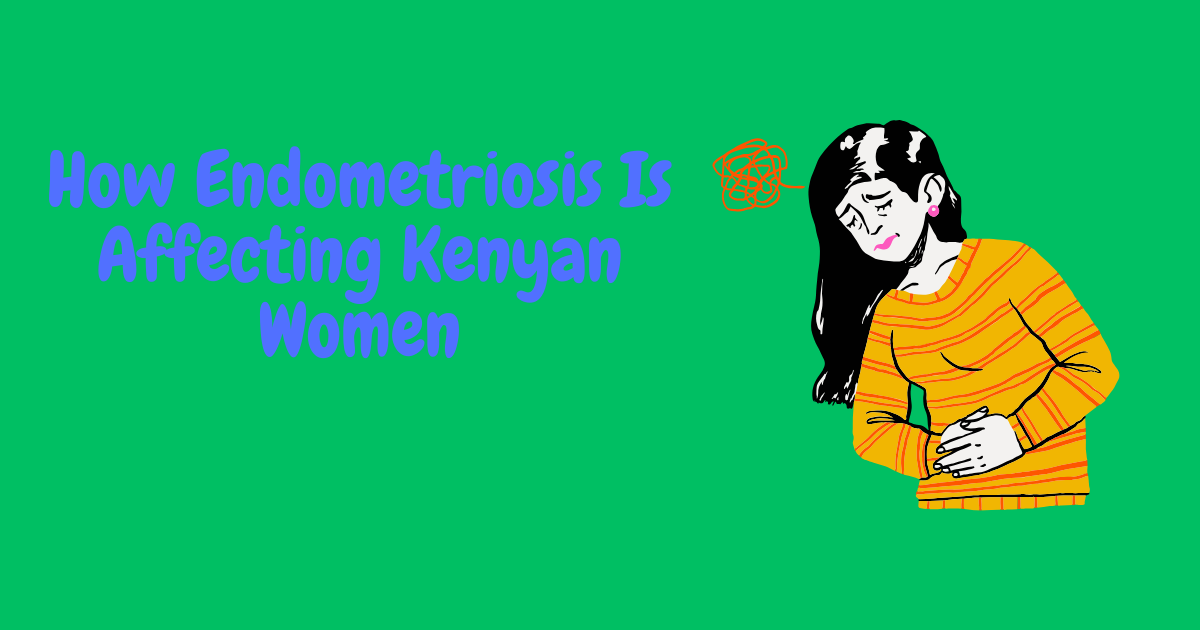
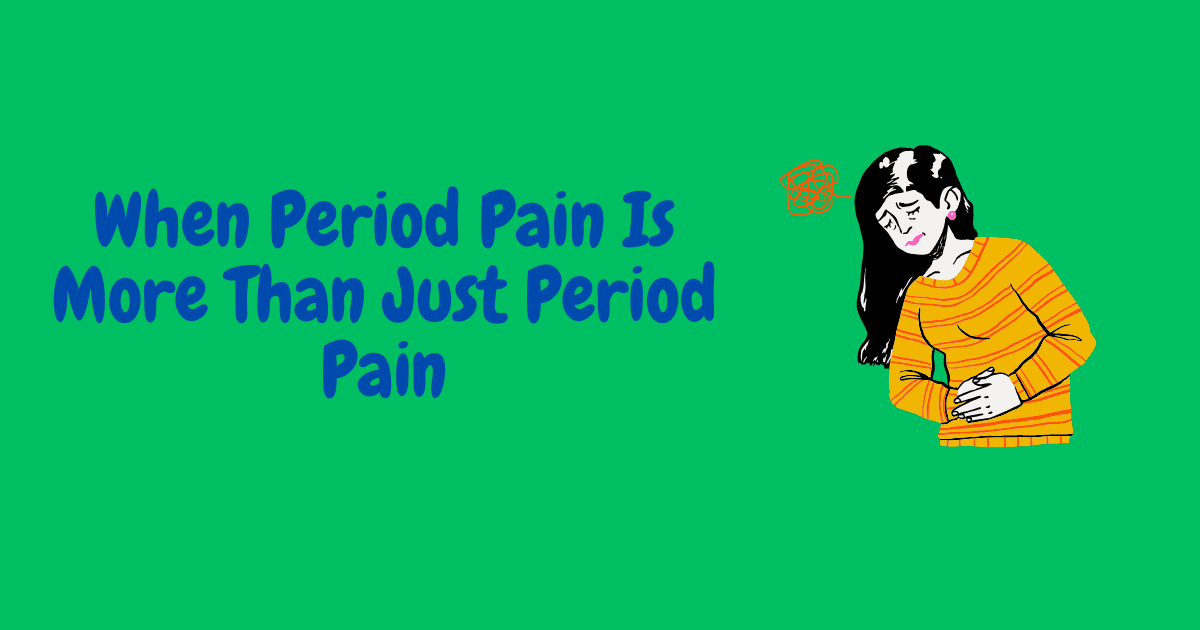
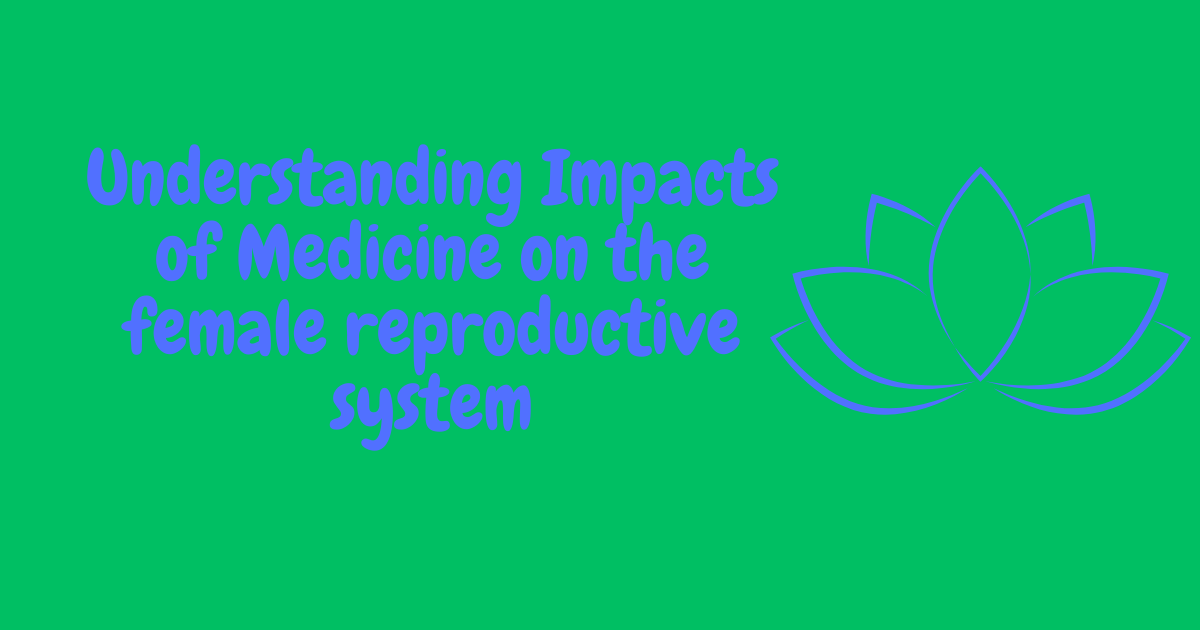


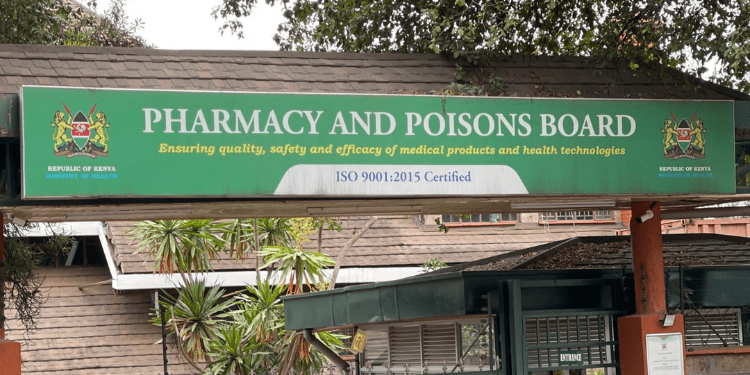
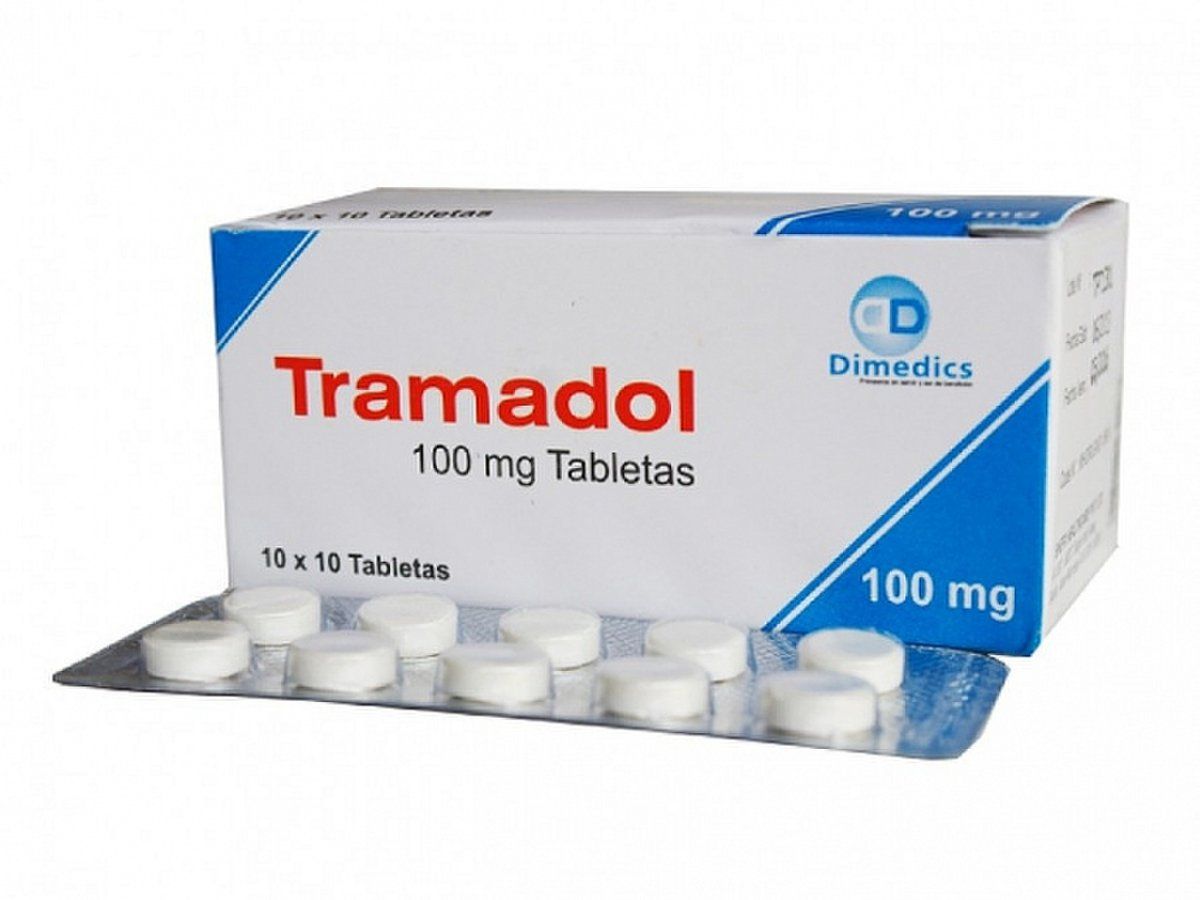

Leave a Reply